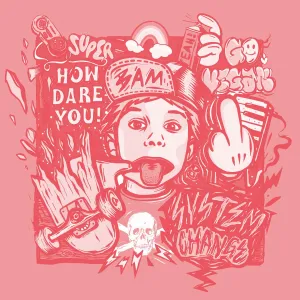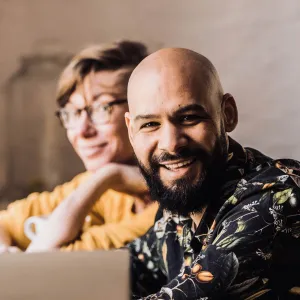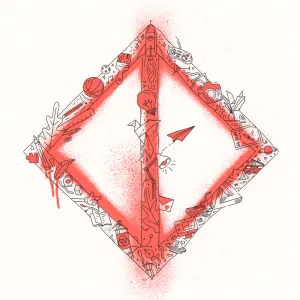
No "Our basic values, they are not negotiable!" Thank you. - Part 1
2023 | 12 min reading time
Earning money and making the world a better place? Some people think this is a luxury they can't afford. Others don't even know where to start (with themselves). Some just do it. They try. They fail. They learn. And bring about positive change. For them, issues such as sustainability, climate protection and social commitment are part of everyday business. Without a clear stance on social life and responsibility as a company, it would no longer be possible. But even they simply started at some point.
Tags: Diversität, Fans, Grundwerte, Haltung, Nachhaltigkeit, Werte



